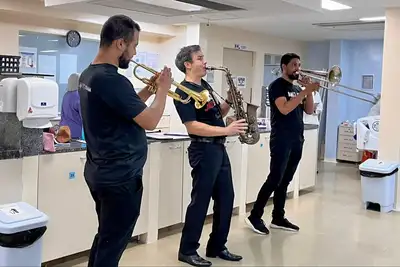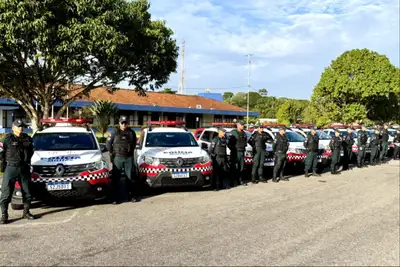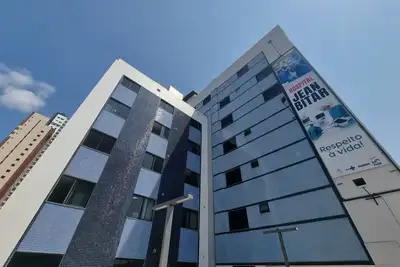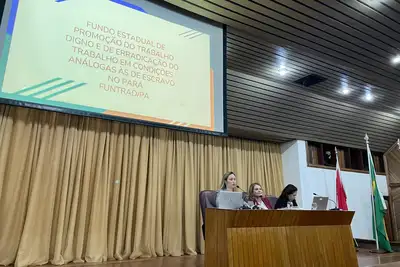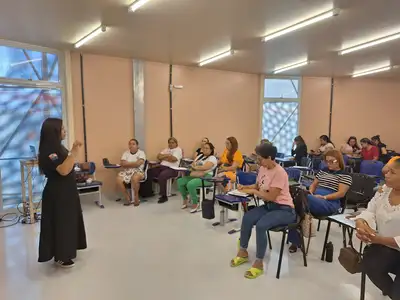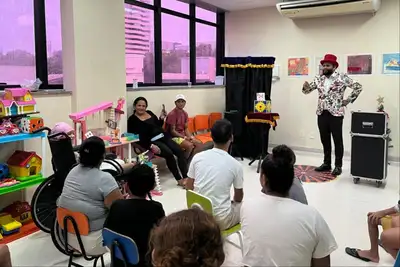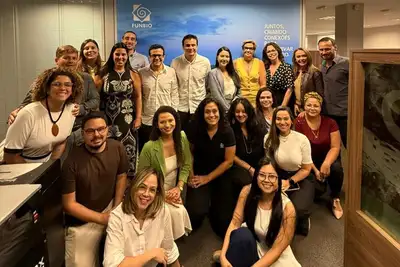On Lesbian Visibility Day, Pará reaffirms the fight for less violence and more rights
National date brings to light the consolidation of public policies that protect and ensure better quality of life for lesbian women
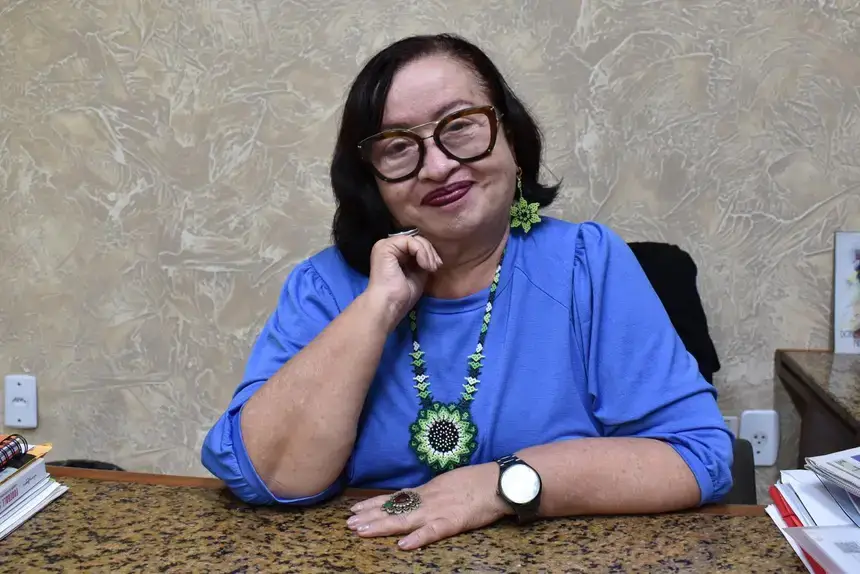
The fight against prejudice must be a constant practice in people's daily lives. However, some dates are chosen to give even more visibility to certain struggles. This is the case of August 29, National Lesbian Visibility Day, which aims to combat lesbophobia and promote the visibility of lesbian women in society by addressing issues such as prejudice, discrimination, and the need for inclusive public policies. The date refers to the first National Lesbian Seminar (Senale), held in Rio de Janeiro in 1996. It gave rise to the struggle for visibility and rights.
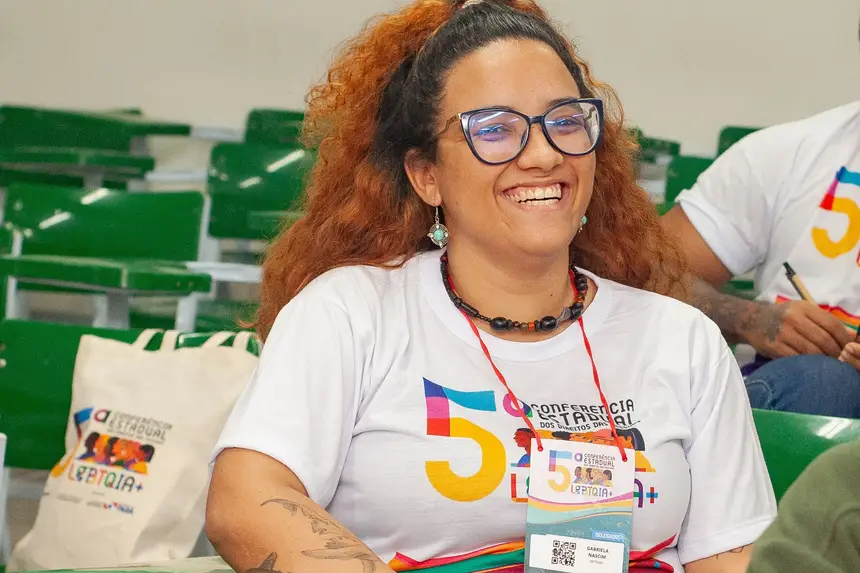
The coordinator of sexual diversity and gender at the State Secretariat for Racial Equality and Human Rights (Seirdh), Gabriela Borja, explains that this is a day for lesbians to be seen and represented in all spheres of society, whether in the media, politics, health, education, among other areas.
For university professor Daniela Castilho, 54, who is part of the Articulation Network of Lesbians from Pará Amazon (Alamp), National Lesbian Visibility Day is a moment to further expose all the struggles and demands of lesbian people.
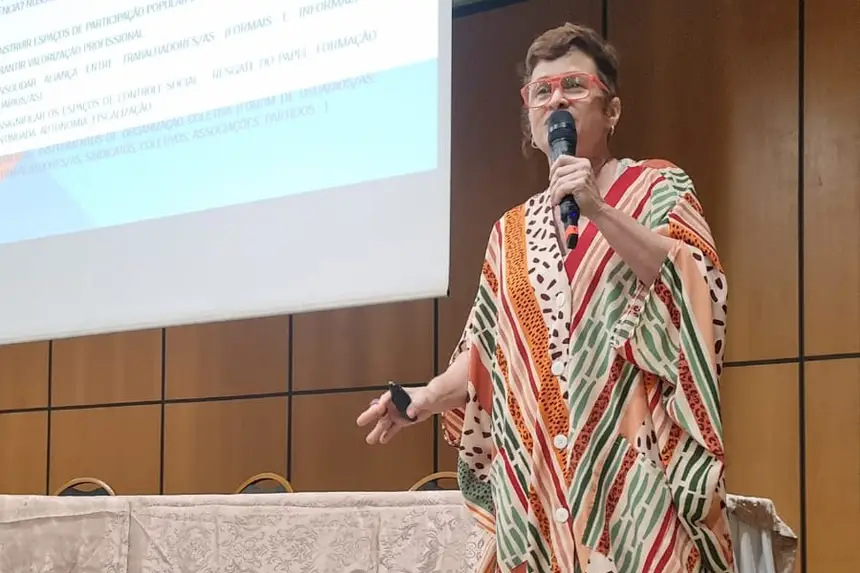
“We fight to stay alive, we fight for the State to recognize us as subjects of public policies. This is a month, for us, extremely important to talk about this existence that pulses, also a political existence, our body, our voice, our desires are also desires in dispute, because they speak of a political place of lesbian existence,” she affirms.
Constant violence and prejudices
She recalls the difficulties she faced when, around the age of 19, she began to recognize herself as a lesbian woman. It was then that she realized how lesbian living placed her in a position of continuous inadequacy in the face of a heteronormative society. “I experienced many situations of violence, embarrassment, humiliation, including at the university itself, during my academic life, and when I entered professional life, this was also reiterated. Looks, comments, people who did not approach me or because they said that if they walked too much with me, they would also be called lesbians. So, I lived through this process of recognizing myself as a lesbian woman,” she reveals.
The professor also recalls the difficulties faced in simple everyday situations, such as a gynecological appointment. “Going to the gynecologist is always a violent experience, either because, for the most part, they come from a heterosexual relationship, or because the very instruments for conducting gynecological exams are not adapted for women who only relate to women,” she laments.
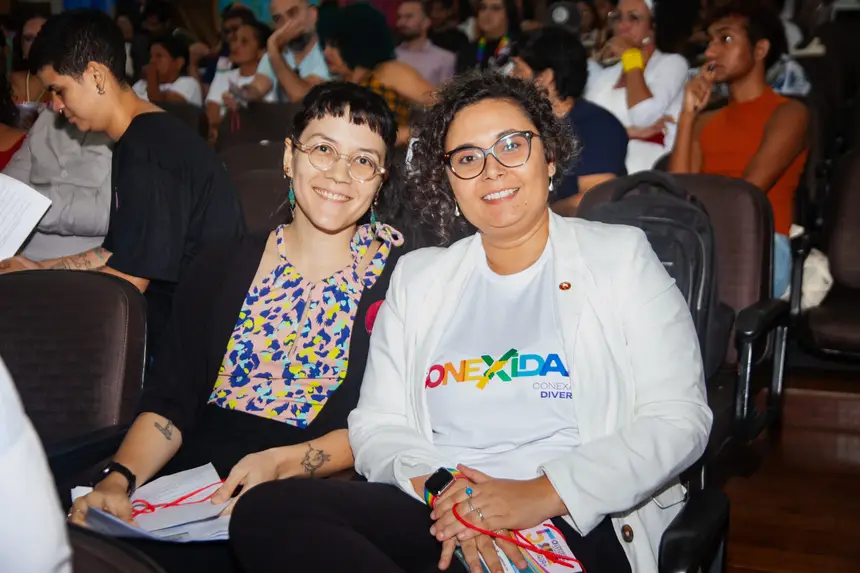
Daniela believes it is necessary to conduct research with this population so that it resonates in adequate and effective public policies. “Public policies are fundamental for us, lesbian women, and extending even to the LGBTQIA+ population, because they will guarantee fundamental rights and policies that combat discrimination, violence, and prejudice. They should function as an instrument to realize rights, to ensure equitable access to quality services, such as health, education, and that promote respect for diversity. So, for us, public policies are essential,” she emphasizes.
Effective public policies
In this sense, the Government of Pará, through Seirdh, carries out various activities and actions aimed at combating prejudice and qualifying lesbian people, but the entire LGBTQIAPN+ population.
The head of the secretariat, Edilza Fontes, explains that one of the actions is the very creation of the Coordination of Sexual Diversity and Gender (CDSG), which already shows the effort to have an attentive look at the needs of this population. "Seirdh also develops Literacy in Sexual Education and Gender, a project aimed at qualifying the service and reception of the servers of the State of Pará. It is directed towards understanding what the acronym LGBTQIAPN+ means, what sexual orientation and gender identity mean, as well as forms of approach, reception, the legislation directed towards this population and how the agencies can use and need the legislation as a basis, understanding even the LGBTphobia itself as a crime," she explains.
In addition, Seirdh is also responsible, in Pará, for Empodera+ (Dignified Work, Education, and Income Generation Program for LGBTQIA+ People). The initiative is part of the National Strategy for Dignified Work, Education, and Income Generation for LGBTQIA+ People, developed through a Technical Cooperation Agreement with the Ministry of Human Rights and Citizenship (MDHC). Empodera+ consists of a public social policy that includes the preparation and occupation of the LGBTQIA+ community in the labor market, aiming for the autonomy of the served public.
State Conference on the Rights of LGBTQIA+ People
On June 27 and 28, the Secretariat also held, in partnership with the State Council for Sexual Diversity (CEDS), the 5th State Conference on the Rights of LGBTQIA+ People. The event was an important space for listening, debate, and construction of effective public policies for the community and a preparatory stage for the 4th National Conference that will be held in the federal capital, Brasília, in October.
State Council for Sexual Diversity
The State Council for Sexual Diversity (CEDS), established by State Decree No. 3,831/2024, is linked to Seirdh. As a consultative and deliberative body, the council strengthens participatory democracy, ensuring that the demands of the LGBTQIAPN+ community are heard and met by the public power. The council's work is fundamental to combat discrimination, promote equality of rights, and ensure the social inclusion of this population.
Text by Fernanda Graim / Ascom Seirdh


